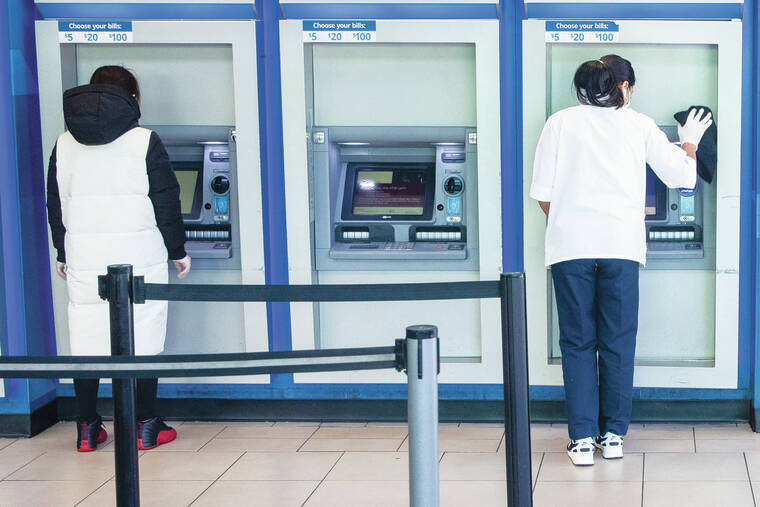Overdraft fees could drop to as low as $3 under new Biden proposal
NEW YORK (AP) — The cost to overdraw a bank account could drop to as little as $3 under a proposal announced by the White House, the latest effort by the Biden administration to combat fees it says pose an unnecessary burden on American consumers, particularly those living paycheck to paycheck.
The proposed change by the Consumer Financial Protection Bureau would potentially eliminate billions of dollars in fee revenue for the nation’s biggest banks, which were gearing up for a battle even before Wednesday’s announcement. Exactly how much revenue depends on which version of the new regulation is adopted.
ADVERTISING
Banks charge a customer an overdraft fee if their bank account balance falls below zero. Overdraft started as a courtesy offered to some customers when paper checks used to take days to clear, but proliferated thanks to the growing popularity of debit cards. So, for instance, a $10 debit card transaction could cost a bank customer $40 if their balance goes below zero.
“For too long, some banks have charged exorbitant overdraft fees — sometimes $30 or more — that often hit the most vulnerable Americans the hardest, all while banks pad their bottom lines,” President Joe Biden said in a statement. “Banks call it a service — I call it exploitation.”
Under the proposed rule, banks could only charge customers what it would cost them to break even on providing overdraft services. This would require banks to show the CFPB the costs of running their overdraft services, a task few banks would want to handle.
Alternatively, banks could use a benchmark fee that would apply across all affected financial institutions.


